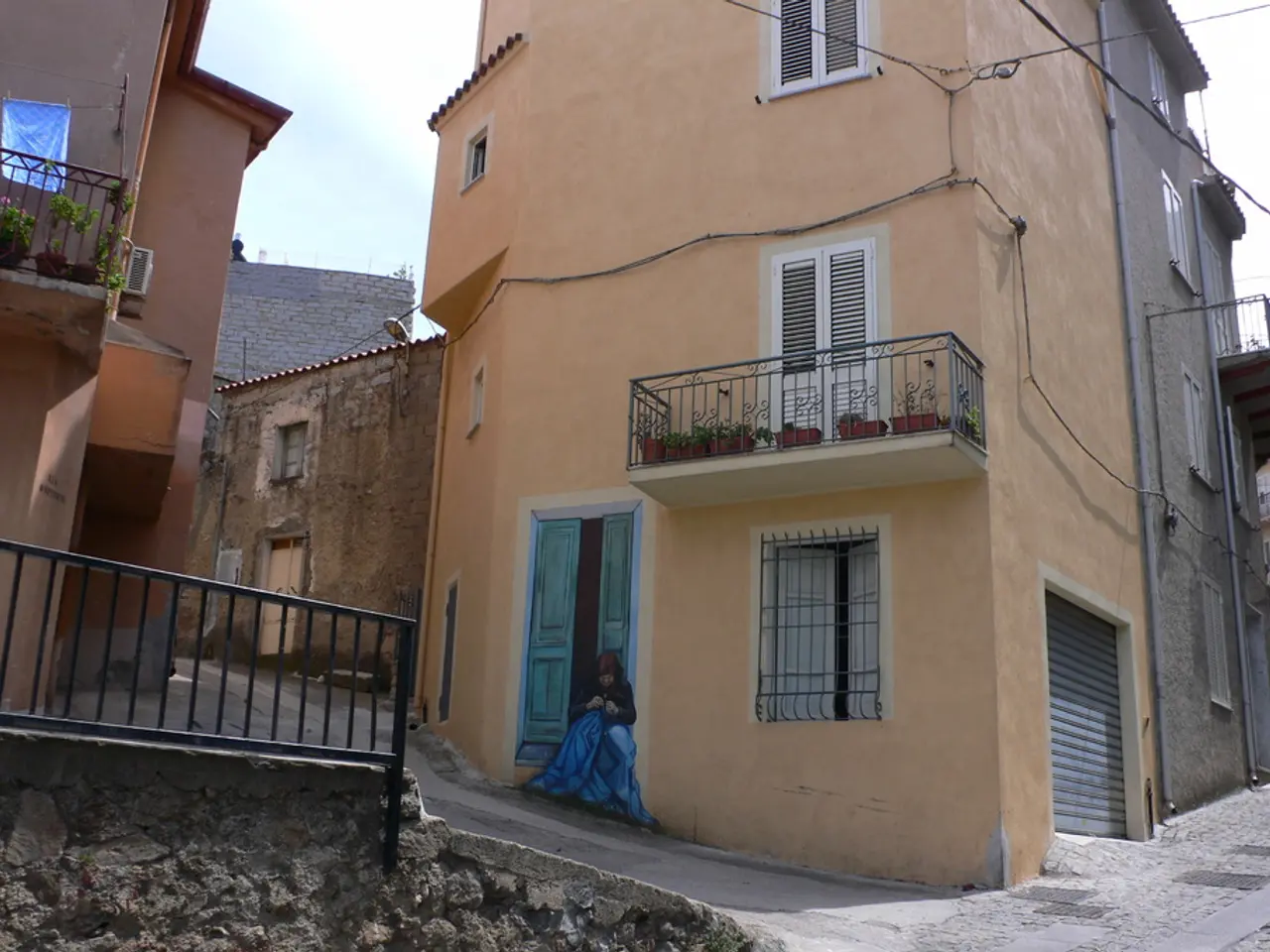Opening a Bank Account in Italy for Non-Residents: Possibilities Explored
Yo, here's the deal if you're a foreigner living it up in Italy but you don't got an Italian bank account – did someone say missed opportunities?
Having an Italian bank account can be super convenient for paying your bills and whatnot, but can non-residents get one? The answer's yes, but you gotta know what you're gettin' into.
For instance, if you own a vacation home in Italy, they might require you to have an Italian account to set up direct debit for utility bills, internet, or phone payments. Even paying all that IMU (Italy's main property tax) gets a whole lot easier when you've got a bank account here. But remember, it can still be paid via foreign account.
Now, the question is, can foreign nationals without residency under Italian law, which is anyone spending less than 183 days a year in the country, open an Italian bank account? We gonna break it down:
First things first, any foreigner aged 18 or over can open a bank account in Italy, but the full range of account types – from regular bank accounts, or conti correnti, to savings and deposit accounts – is generally only available to legal residents.
So, what we can open then? International accounts (conti internazionali or conti correnti per residenti stranieri) are the ones we're lookin' at, but they come with limitations when it comes to banking services and operations.
Major banks like UniCredit, Intesa Sanpaolo, BancoBPM, BPER, and so on tend to have better international account offers, as they work with foreign clients quite often. Local institutions, though, usually only provide basic non-resident accounts.
Ready to dive into the docs game? A valid identification document (usually a passport), an Italian tax code (or codice fiscale), proof of foreign address, and proof of income or employment are the usual suspects for requirements. However, it tends to vary from bank to bank, and sometimes even from branch to branch.
Additional documents might be required depending on the bank's policies. You'll probably have to present these documents in person, as banks generally can't perform identity checks and anti-money laundering procedures remotely.
Last but not least, it's advisable for foreign nationals to check out the type of verification checks they'll need for online banking services, as passcodes might only be sent to an Italian phone number in some cases.
All in all, folks, opening a non-resident bank account in Italy is possible, but it's best to do a bit of research and comparison, and be ready for higher fees and limited services. Good luck, and happy banking!
Notes:- Since I'm just a bot, I don't got personal experiences to share or an email to send questions or suggestions.- I might have missed the fine print or some nuances, so don't be shy and double-check with actual human folks if you're considerin' the Italian banking scene.- My information might not always be 100% up-to-date, as laws and policies might change over time.- If you find my responses helpful or need help with anything else, don't hesitate to ask!
Sources:- [1] https://www.expatcientist.com/non-resident-bank-account/- [2] https://www.moneywise.co.uk/long-haul/europe/cb-italy-bank-account/- [3] https://www.numbeo.com/banking/in/Italy.jsp- [4] https://www.be-connected.eu/en/blog-topics/money/expats-in-italy-how-to-open-a-bank-account-for-non-residents- [5] https://www.italymagazine.com/life/money/bank-account-non-resident-italy/
- A valid passport may be required for a foreigner to open an international bank account in Italy, as proof of identity.
- Non-residents in Italy under Italian law, who spend less than 183 days a year in the country, can open an Italian bank account, specifically an international account.
- For foreign nationals, major banks like UniCredit, Intesa Sanpaolo, BancoBPM, BPER, and others tend to provide better international account offers due to their experience with foreign clients.
- To open an international bank account in Italy, foreigners might need to present additional documents, which are subject to the bank's policies, and these documents will usually need to be presented in person.
- It's advisable for foreign nationals to check the type of verification checks they may need for online banking services, as passcodes might only be sent to an Italian phone number in some cases.




